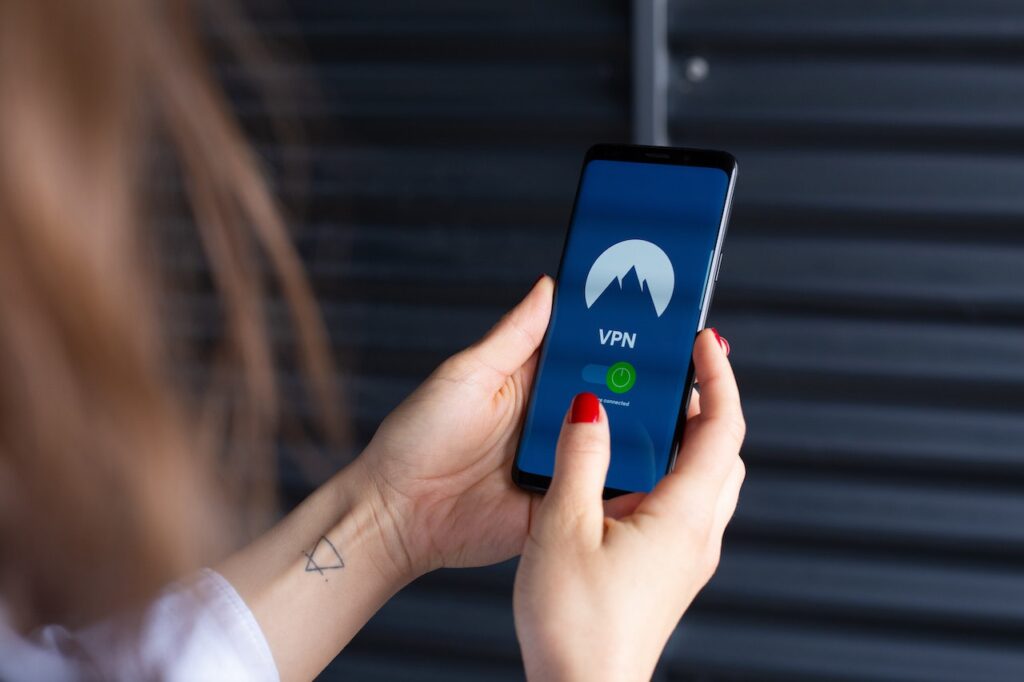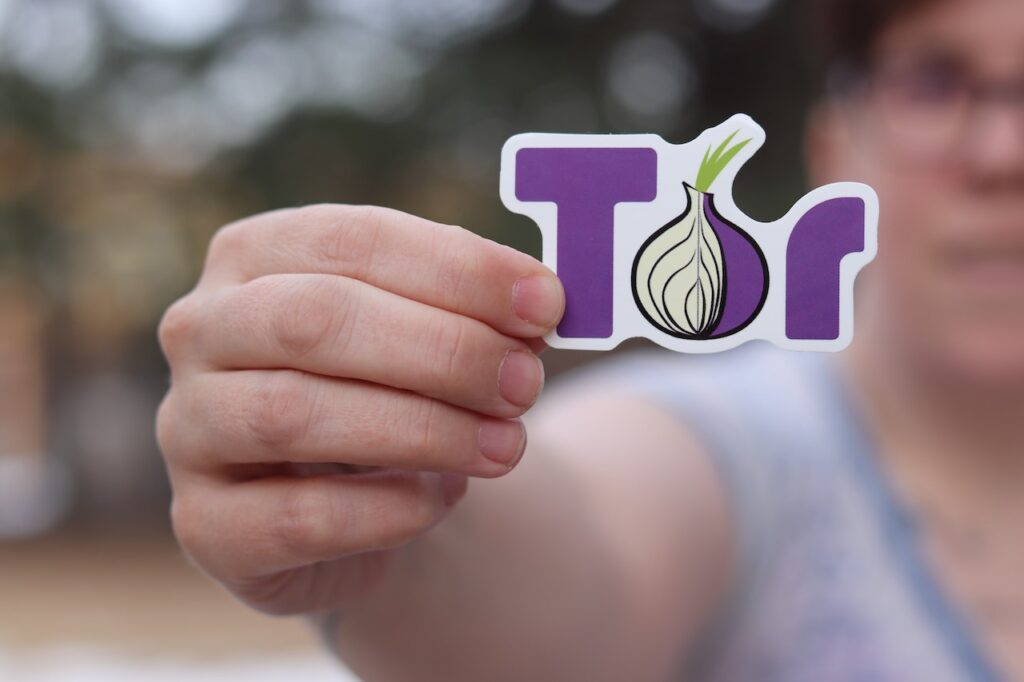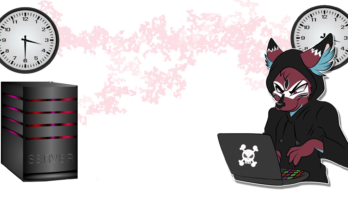In the internet age, our digital identities reflect who we are, what we do, and what we believe in. But the vast web also has its share of pitfalls. With every click and keystroke, we leave traces of our online existence, making it crucial to understand the art of online anonymity. Whether you’re concerned about privacy, cybersecurity, or curiosity, this guide is for you.
Why Online Anonymity Matters: The Digital Footprint
Every time you browse, shop, or interact online, you leave a trail of data that can be exploited. Online anonymity empowers you to control what you share, protecting your personal information from prying eyes.
Your digital identity is a valuable target in a world teeming with cybercriminals and hackers. Anonymity is a formidable shield against malicious attacks, safeguarding your online activities.
Online anonymity is essential for individuals who live in regions where speaking freely can have dire consequences. It allows them to voice their opinions without fear of retribution.
The Essentials of Online Anonymity
- Using a VPN (Virtual Private Network)
A VPN is like a cloak for your digital identity. It hides your IP address and encrypts your internet connection, making it nearly impossible for anyone to track your online activities.

- Anonymous Browsing with Tor
The Tor Browser is a powerful tool for anonymous web browsing. It routes your connection through a network of volunteer-run servers, making it extremely difficult for anyone to trace your online presence.

The Dark Side of Online Anonymity: Misuse and Ethical Considerations
Anonymity can be a double-edged sword. It allows individuals to harass, threaten, or harm others without consequences. This raises questions about the balance between privacy and accountability.
Anonymity can tempt some to engage in unethical behavior online. Remember, while you have the right to protect your privacy, you are also responsible for using your online anonymity ethically.
Common Misconceptions About Online Anonymity
- Total Anonymity Is a Myth
Achieving complete online anonymity is incredibly challenging even with the best tools and practices. There’s always some level of traceability.
- Anonymity Doesn’t Equate to Illegal Activity
Just because you value online privacy doesn’t mean you have something to hide. Protecting your digital identity is your right, whether you’re discussing personal matters or simply guarding your data.
The Future of Online Anonymity
As concerns about online privacy continue to grow, so does the development of new tools and technologies to enhance online anonymity.
With high-profile data breaches and privacy scandals, individuals are becoming more aware of safeguarding their digital identities.
Conclusion: Finding Your Balance in the Digital World
Online anonymity is a powerful tool in a world where our lives are increasingly intertwined with the digital realm. It allows you to protect your privacy, defend against cyber threats, and safeguard free speech. However, it’s crucial to wield this power responsibly, recognizing the ethical considerations and potential misuse.
Online anonymity is not about hiding but preserving your right to choose what to reveal. As technology advances, it’s up to us to find the balance between our digital lives and our digital selves, ensuring our online experiences remain enriching and secure. So, whether you’re an advocate for online privacy or just looking to explore the digital world safely, understanding online anonymity is your first step toward taking control of your digital identity.




